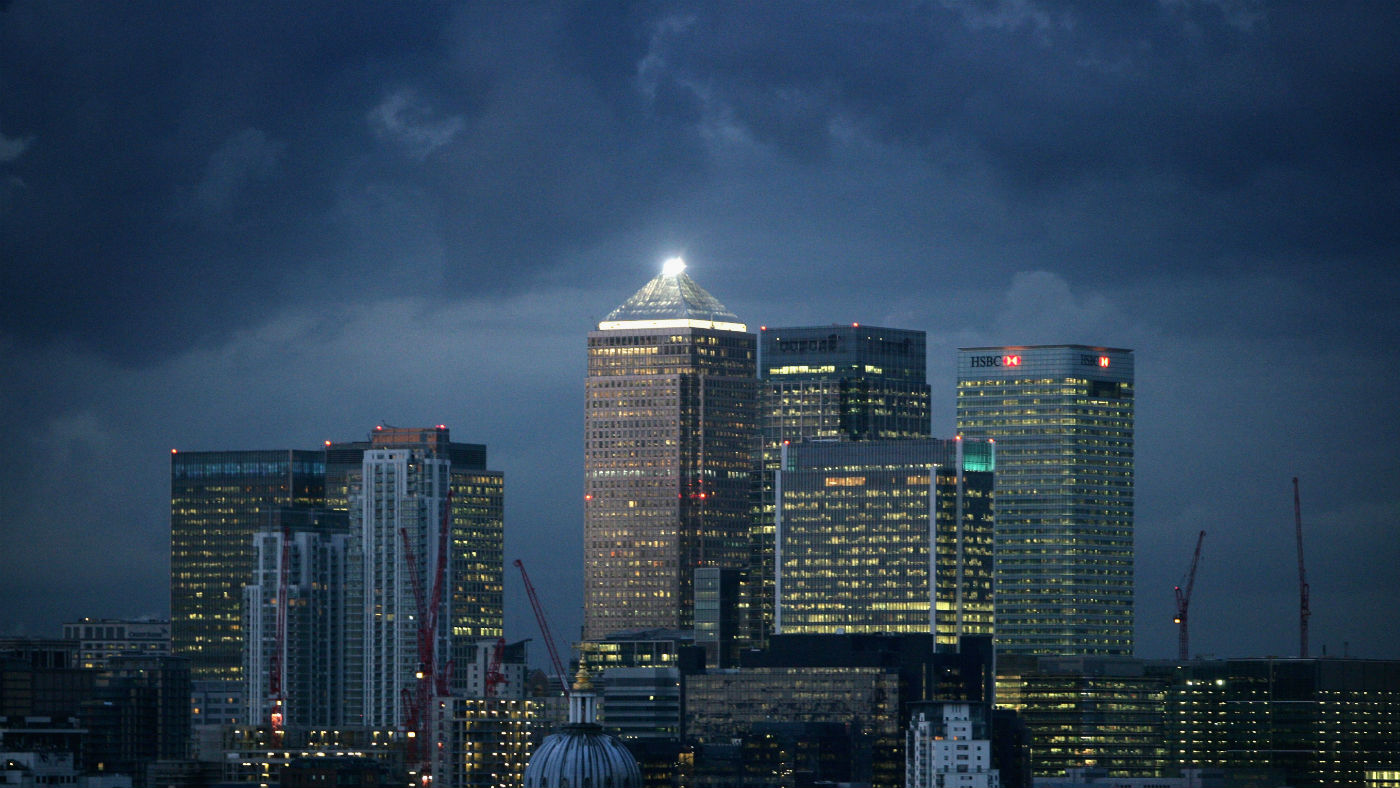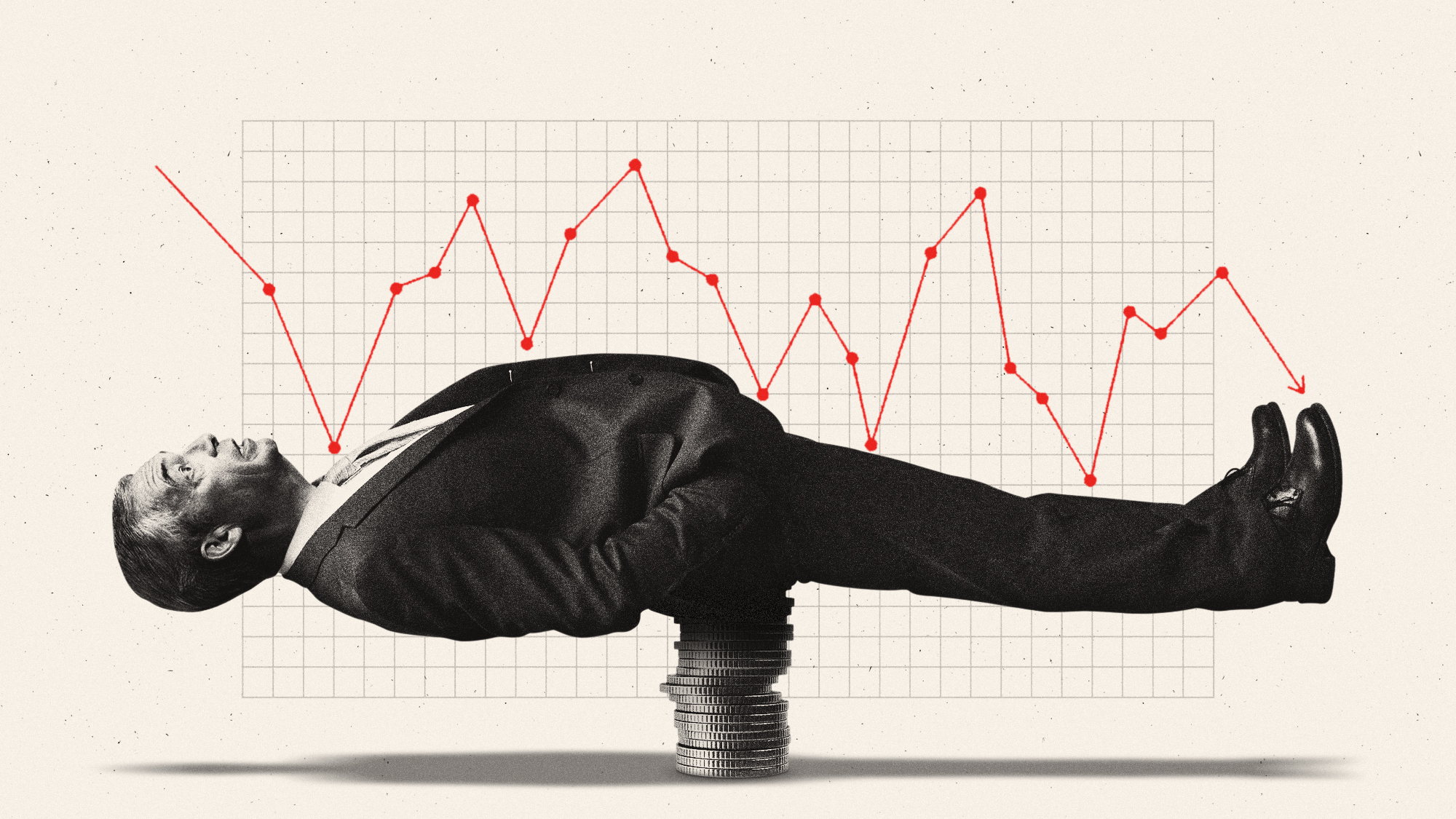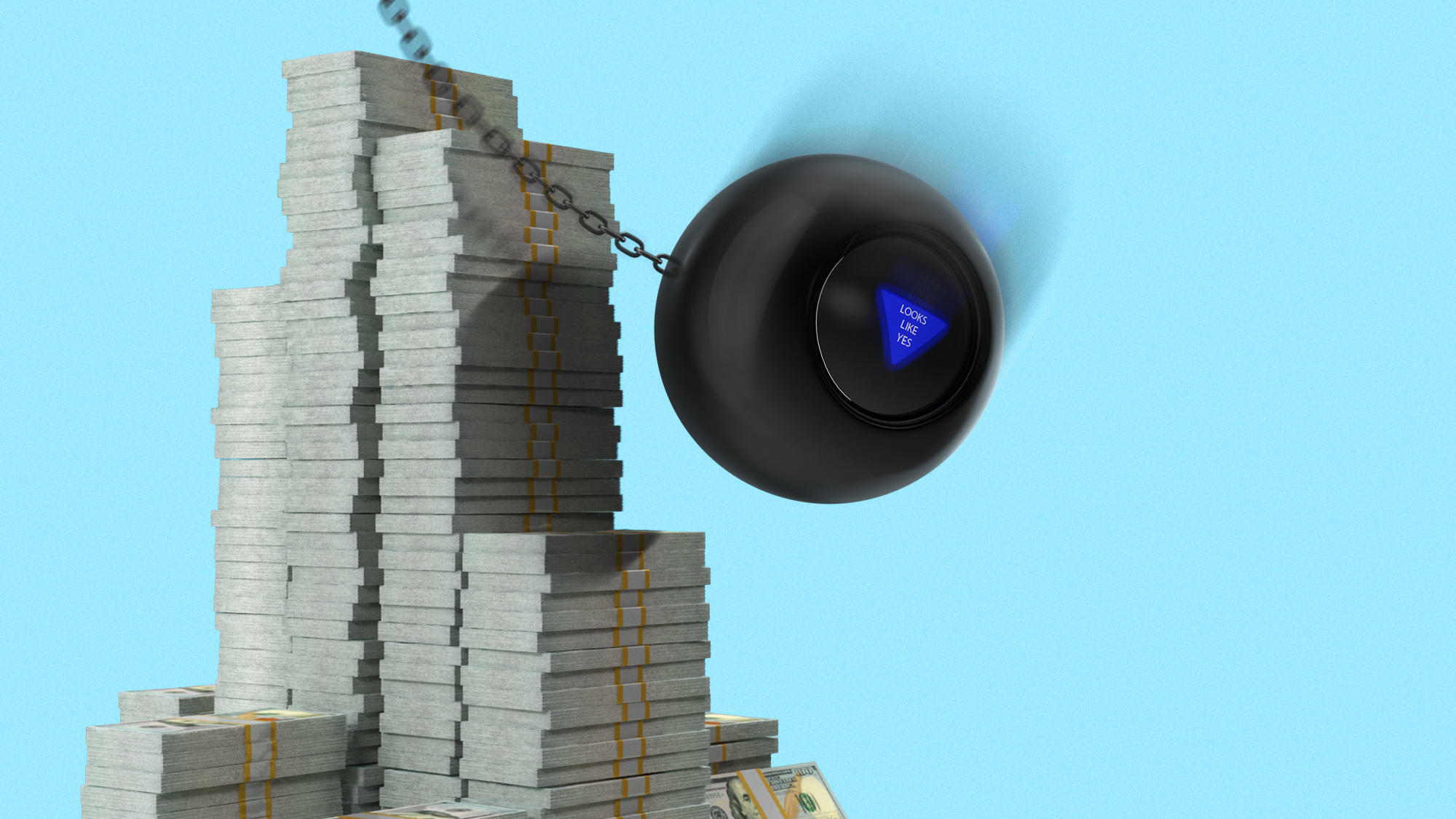Could junk debt lead to a new subprime-style meltdown?
Bank of England sparks concern among central banks after revealing the size of the global risky loan market

A free daily email with the biggest news stories of the day – and the best features from TheWeek.com
You are now subscribed
Your newsletter sign-up was successful
Fears are growing that $1.4 trillion worth of junk debt could spark the next global financial meltdown, after research from the Bank of England revealed the size of the risky loan market.
Financial stability experts at the Bank of England revealed that banks, insurers and pension schemes have amassed a $405bn exposure to collateralised loan obligations (CLOs), packages of the junk-rated debt.
Last week, Mark Carney, Bank of England Governor, warned MPs that leveraged loans have “all the hallmarks” of the subprime mortgage bubble that triggered the 2008 financial crisis.
The Week
Escape your echo chamber. Get the facts behind the news, plus analysis from multiple perspectives.

Sign up for The Week's Free Newsletters
From our morning news briefing to a weekly Good News Newsletter, get the best of The Week delivered directly to your inbox.
From our morning news briefing to a weekly Good News Newsletter, get the best of The Week delivered directly to your inbox.
The research has “caused shock waves at the world’s top central banks,” The Daily Telegraph says, and “raised fears among policymakers at the US Federal Reserve and European Central Bank”.
Unlike a decade ago, “borrowers in this credit bubble aren’t homeowners taking out mortgages,” The Los Angeles Times says. “They’re hundreds of US companies with weaker credit ratings, many of them well-known like Uber and Burger King, taking out so-called leveraged loans”.
“Everything’s fine while the economy is growing” says the paper, “but when it slows, those borrowers could default, causing problems to cascade through the financial system.”
This was the case with the recent demise of children’s retailer Toys R Us, which was unable to service its large leveraged debt load.
A free daily email with the biggest news stories of the day – and the best features from TheWeek.com
Steve Eisman, the hedge fund manager famous for betting against the US housing market ahead of the 2008 crash, has warned of the rapid rise of poorly rated debt among corporations.
Eisman, who was played by Steve Carrell in the Oscar-winning film The Big Short, told the Financial Times that the rising stock of corporate debt rated at BBB, just one notch above junk status, is a cause for serious concern.
According to the Bloomberg Barclays index that tracks corporate debt issuance, stocks of such debt have more than quadrupled since the financial crisis, standing at about $2.7 trillion.
Earlier this month, Business Insider reported a note from research firm CLSA that warned “the major surge in debt issuance by US corporations through highly levered buyouts and low-interest-rate acquisitions could be a major part of the next financial crisis”.
However, Eisman does not predict an economic slump around the corner.
“You can’t have a recession when consumer credit quality is as good as I’ve seen it in my whole career,” he told the Financial Times.
-
 The Olympic timekeepers keeping the Games on track
The Olympic timekeepers keeping the Games on trackUnder the Radar Swiss watchmaking giant Omega has been at the finish line of every Olympic Games for nearly 100 years
-
 Will increasing tensions with Iran boil over into war?
Will increasing tensions with Iran boil over into war?Today’s Big Question President Donald Trump has recently been threatening the country
-
 Corruption: The spy sheikh and the president
Corruption: The spy sheikh and the presidentFeature Trump is at the center of another scandal
-
 Is the US in a hiring recession?
Is the US in a hiring recession?Today's Big Question The economy is growing. Job openings are not.
-
 Is the UK headed for recession?
Is the UK headed for recession?Today’s Big Question Sluggish growth and rising unemployment are ringing alarm bells for economists
-
 Why has America’s economy gone K-shaped?
Why has America’s economy gone K-shaped?Today's Big Question The rich are doing well. Everybody else is scrimping.
-
 Can Nigel Farage and Reform balance the books?
Can Nigel Farage and Reform balance the books?Today's Big Question Nigel Farage has, for the first time, ‘articulated something resembling a fiscal rule’ that he hopes will win over voters and the markets
-
 Is the US in recession?
Is the US in recession?Today's Big Question ‘Unofficial signals’ are flashing red
-
 Doing the hustle: Are side gigs a sign of impending recession?
Doing the hustle: Are side gigs a sign of impending recession?In the Spotlight More workers are 'padding their finances while they can'
-
 Frozen pizza sales could be a key indicator of a recession
Frozen pizza sales could be a key indicator of a recessionThe Explainer Sales of the item have been increasing since the pandemic
-
 Why are Americans using 'buy now, pay later' apps to buy groceries?
Why are Americans using 'buy now, pay later' apps to buy groceries?Today's Big Question A 'layaway program, but reversed'